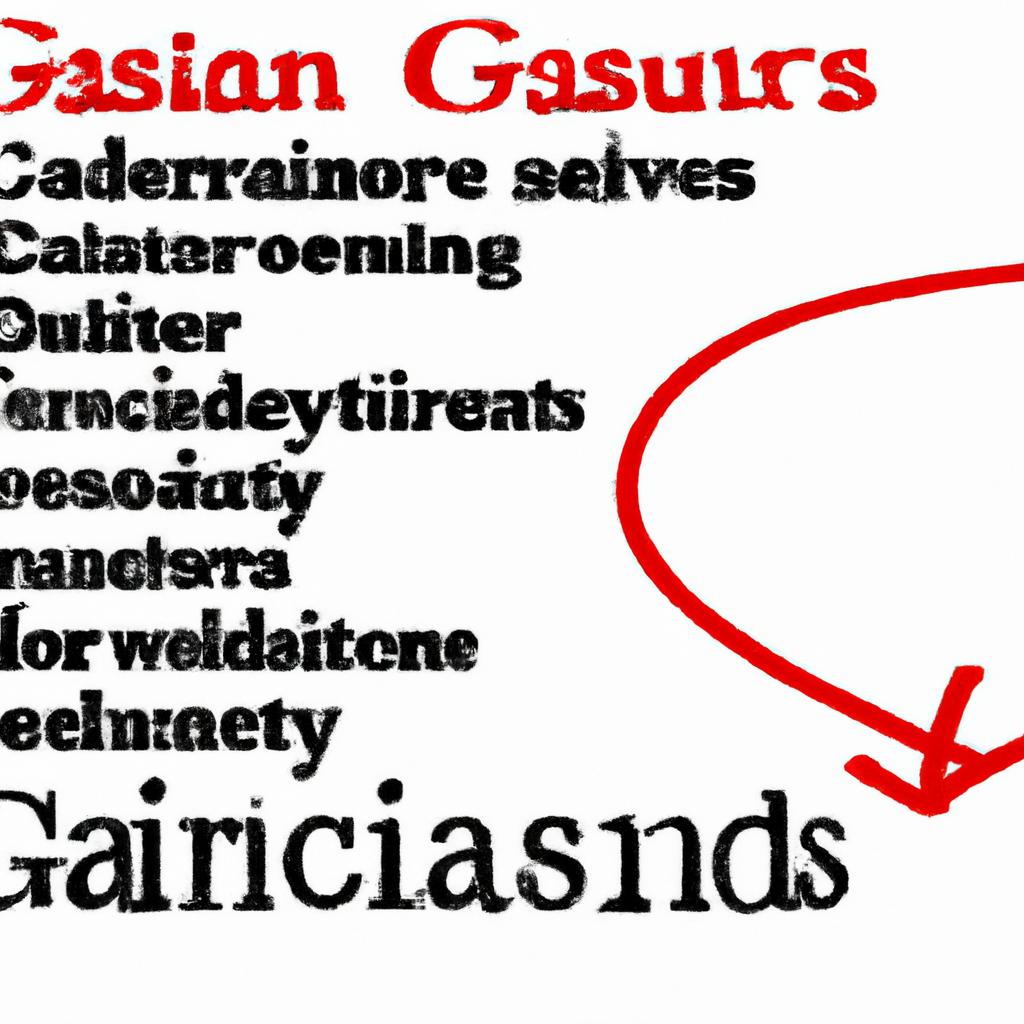When it comes to the legal realm of guardianship and custody, it is imperative to understand the nuances that distinguish these two terms. While both concepts involve the care and responsibility of a person, the legal framework surrounding guardianship and custody are distinctly different. As experienced attorneys in estate planning and elder law at Morgan Legal Group in New York City, we aim to shed light on the complexities of guardianship and custody, guiding you through the intricacies of these crucial legal matters. Join us as we delve into the essential differences between custody and guardianship, providing clarity and insight for those seeking to navigate these intricate legal landscapes.
Key Differences Between Custody and Guardianship
Custody and guardianship are both legal terms that involve the care and responsibility of a minor or incapacitated individual, but there are key differences between the two.
One of the main differences between custody and guardianship is the level of decision-making authority granted to the individual in charge. In a custody arrangement, the custodial parent or guardian has the legal right to make decisions regarding the child’s upbringing, including education, healthcare, and religious upbringing. On the other hand, a guardian is typically appointed by the court and may have limited decision-making authority, depending on the scope of the guardianship order.

Understanding Legal Rights and Responsibilities
In the realm of legal rights and responsibilities, it is crucial to understand the distinction between custody and guardianship. While both involve the care and decision-making for a minor, there are key differences between the two concepts. Custody typically refers to the physical and legal responsibility for a child, often granted to one or both parents during a divorce or separation. On the other hand, guardianship involves a court-appointed individual who assumes responsibility for a child when the parents are unable to do so, whether due to incapacity or other reasons.
When considering custody, parents may make decisions regarding the child’s upbringing, education, and healthcare. However, guardianship typically requires court approval for major decisions. Additionally, custody arrangements are often subject to modification, while guardianship agreements are more difficult to alter. It is important to consult with a legal professional to determine the best option for the child’s well-being and to understand the legal implications of custody and guardianship.

Factors to Consider When Determining Custody or Guardianship
When determining custody or guardianship, there are several key factors that must be carefully considered to ensure the well-being and best interests of the child or individual in question. It is important to understand the distinction between custody and guardianship, as they each come with their own set of responsibilities and legal implications.
Custody: In a custody arrangement, one or both parents are granted the legal right to make decisions regarding the child’s upbringing, welfare, and education. Factors that are often considered in custody cases include the child’s age, relationship with each parent, living arrangements, and the ability of each parent to provide a stable and nurturing environment.

Expert Guidance in Navigating Custody and Guardianship Proceedings
When it comes to legal matters involving children, understanding the differences between custody and guardianship is crucial. While both terms involve the care and responsibility of minors, they have distinct legal implications that can impact decision-making and rights.
Custody:
- Involves the physical and legal responsibility for a child.
- Includes decision-making authority regarding the child’s upbringing.
- May be granted to one or both parents, depending on the circumstances.
Guardianship:
- Involves someone other than the biological parents obtaining legal rights and responsibilities for a child.
- Typically granted when the parents are unable to care for the child due to incapacity, death, or other circumstances.
- Differs from custody in that it does not terminate the parental rights of the biological parents.
Q&A
Q: What is the main difference between custody and guardianship?
A: While both custody and guardianship involve caring for a minor, the key distinction lies in the legal rights and responsibilities granted to the caregiver.
Q: How is custody defined in contrast to guardianship?
A: Custody typically refers to a parent’s legal right to care for and make decisions on behalf of their child, whereas guardianship is granted to a non-parent who assumes similar responsibilities.
Q: Can a guardian have the same rights as a custodial parent?
A: Guardianship can provide many of the same rights and responsibilities as custody, but the specific legal authority may vary depending on the circumstances and the laws of the jurisdiction.
Q: When is guardianship typically granted over custody?
A: Guardianship is often established when a child’s parents are unable to care for them, such as in cases of incapacitation, abandonment, or death, whereas custody is usually awarded in divorce or separation proceedings.
Q: How does the process of obtaining custody differ from that of guardianship?
A: Custody is typically determined through a court’s decision in a family law case, while guardianship may require a separate legal proceeding to establish the guardian’s authority.
Q: Can custody and guardianship be established concurrently?
A: It is possible for a caregiver to hold both custody and guardianship rights over a child, depending on the specific circumstances and legal arrangements.
Insights and Conclusions
In conclusion, understanding the difference between custody and guardianship is crucial when navigating legal matters involving the care of children or vulnerable individuals. While custody typically refers to the physical care of a child, guardianship encompasses broader responsibilities such as managing finances and making decisions on behalf of the ward. By grasping the distinctions between these legal terms, individuals can better protect the interests and well-being of those in their care. Remember, each situation is unique, so it’s important to seek guidance from legal professionals to ensure the best outcomes for all parties involved. Thank you for reading and empowering yourself with this essential knowledge.

